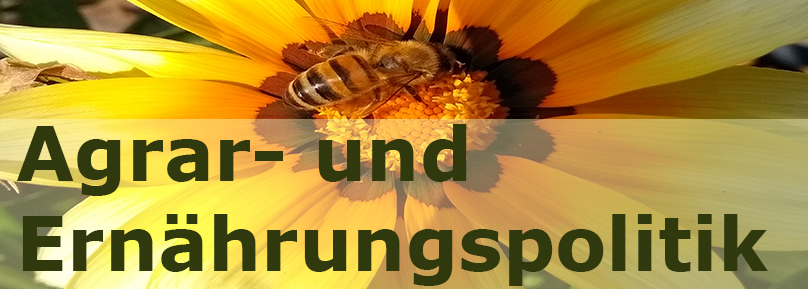Project Plan and Implementation
In the first part of the project, PolDeRBio aims to identify distinct policy patterns by mapping and analysing the scope, goals and instruments of the national bioeconomy policy in the 49 countries that have been included in the update report of national strategies around the world by the German Bioeconomy Council (2018). PolDeRBio assesses the discourses and policy ideas embodied in policy goals and instruments, and in particular, whether and how they engage with the resilience of the bioeconomy and BBPS.
In the second part, PolDeRBio analyses the articulation, translation and institutionalisation of the bioeconomy discourse in six in-depth country studies. The case studies aim to explain different designs of bioeconomy policies as the expression of distinct discourses, interpretive templates, institutional arrangements and interest groups constellations. This includes the examination of mechanisms of path dependence and policy feedback that enable and constrain the policy design space and the development of a capable bioeconomy state, with a particular view to policy design for resilient bioeconomies and resilience capabilities.
The research design of PolDeRBio contains seven stages summarized in figure 1 and accompanied by a project advisory council, workshops, a website, twitter blogs, policy briefs and press releases that inspire stakeholder participation.
Mapping of Policy Patterns of a Bioeconomy State
Initially, PolDeRBio maps the scope, goals and instruments of the bioeconomy policies in 49 countries that have released dedicated bioeconomy strategies or bioeconomy-related strategies (GBC 2018). The objective is to identify different policy patterns in terms of i) the scope, i.e. the selected sub-sectors and the relative attention given to them, ii) the goals and iii) the types of policy instruments.
Identification of Bio-Based Production Systems addressed by Policies
At the second stage, PolDeRBio analyses which BBPS and which resilience challenges are addressed in the bioeconomy-related policy documents of the 49 investigated national states.
Resilience Assessment of Policies for Bioeconomies
At this stage, PolDeRBio develops and applies a resilience assessment tool for bioeconomy policies. The PolDeRBio tool evaluates how the three resilience capacities – robustness, adaptability and transformability – are addressed by the bioeconomy policies in each country. This allows for an assessment of strengths and weaknesses of the policy design in the three resilience dimensions with respect to identified resilience challenges in BBPS.
Qualitative Comparative Analysis (QCA): Social, Economic and Ecological Conditions
In this step, PolDeRBio deploys fuzzy set QCA to identify combinations of social, economic and ecological conditions that explain: i) the presence or absence of different types of policy design as identified in the cluster analysis, and ii) the presence or absence of the different types of resilience capabilities as identified through the resilience assessment tool.
Country Case Studies: Design Space and Policy Design in the Bioeconomy State
Six country case studies enable an in-depth and long-term analysis of the influence of design spaces on bioeconomy policy designs, guided by the discursive and historical institutionalism framework. The countries included in the in-depth analysis are Australia, Brazil, Germany, Malaysia, South Africa and the U.S.A.
Results Integration: Policy Design and the Bioeconomy State – Patterns & Trajectories
At the final stage, the two main analytical approaches of PolDeRBio, the QCA analysis of 49 national states and the six in-depth case studies are integrated in an overall assessment of explanatory factors and policy design spaces that determine bioeconomy policy design and resilience-orientation.
Guidelines for Policy Designs for Resilient Bioeconomies
Based on the overall findings, PolDeRBio develops guidelines for the design of bioeconomy policies that support the resilience in bio-based production systems and the development of conducive policy design spaces.
